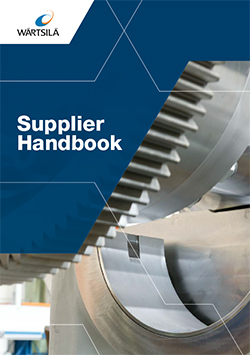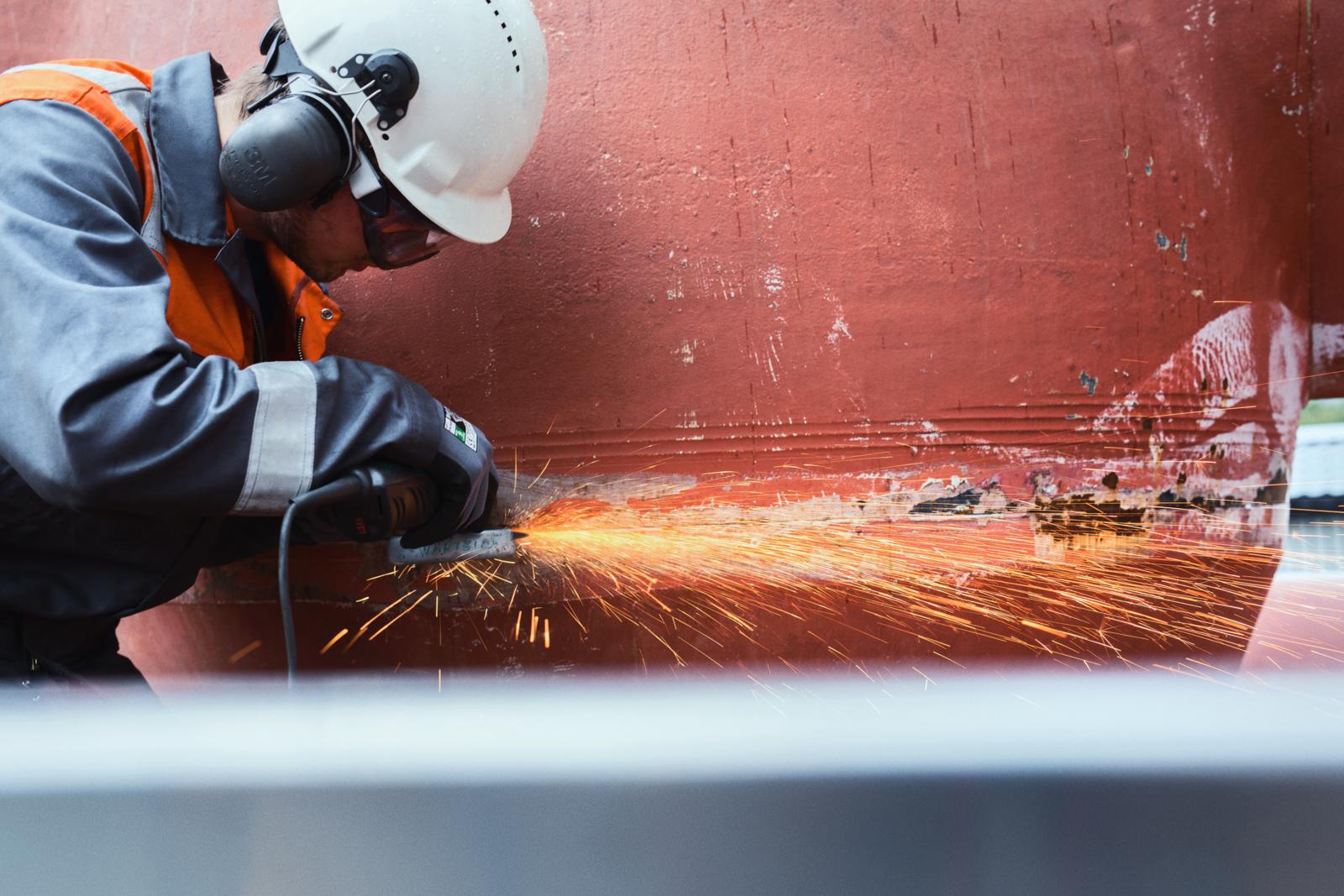
Supply chain management
Suppliers and business partners are an important and integral part of the total value chain for Wärtsilä’s products and services. The supply base is extensive with over 25,000 active supplier accounts, with most key suppliers being located in Europe.
Wärtsilä supplier requirements
We expect our suppliers to conduct their businesses in compliance with the same high legal and ethical standards and business practices as ours. Wärtsilä has mandatory supplier requirements for areas of compliance with legislation, environmental aspects, quality, occupational health and safety management, social performance, and cyber security. Compliance with these requirements is assessed, both in the selection and onboarding of new suppliers, as well as in the company’s continuous supplier performance management. The supplier requirements are included in our standard supply agreements.
In addition, we have product and service-specific requirements, for which compliance is assessed as part of the above-mentioned continuous supplier performance management process.
Supplier assessment
In the supplier assessment, we utilise a number of methods and tools. These include online and offline questionnaires, global database searches, onsite evaluations and various audits, which are completed with mitigation plans being made together with the suppliers for any findings identified. The supplier assessment is completed with a supplier rating being applied. The responsible category management teams carry out the assessment together with other functions within Wärtsilä and with the suppliers.
The onboarding process for potential new suppliers considers the risks that the offering, location, and level of compliance with Wärtsilä’s supplier requirements pose. Companies interested in becoming suppliers for Wärtsilä can submit a self-evaluation through the Supplier Registration and Assessment link.
For low-risk suppliers, the basic assessment is typically sufficient to complete the supplier assessment. For medium and high-risk suppliers, a more detailed assessment with on-site audits is typically needed to determine and mitigate potential risks. The purpose of the detailed assessment is to complement the basic risk assessment, determine the supplier’s capabilities and capacity, and to collect further information about the supplier. For new and existing suppliers of higher criticality and risk, on-site audits are conducted. These focus on the supplier’s management system, offered scope and geographical location, and are led by a qualified lead auditor. An independent or specialised auditor can be used in specific focus areas, such as human rights or cyber security. For any deficiency to meet the requirements, corrective actions are agreed on and completed before the audit is accepted.
Supplier rating
As a concluding part of the supplier evaluation, suppliers are rated. This rating is based on the result of the supplier assessment process and the supplier receives an approved, approved with remarks, or banned status. The rating is maintained regularly and reviewed based on changes in the supplier’s operations, organisation and performance. The performed supplier ratings are measured as coverage (%) of rated spend compared to total spend.

